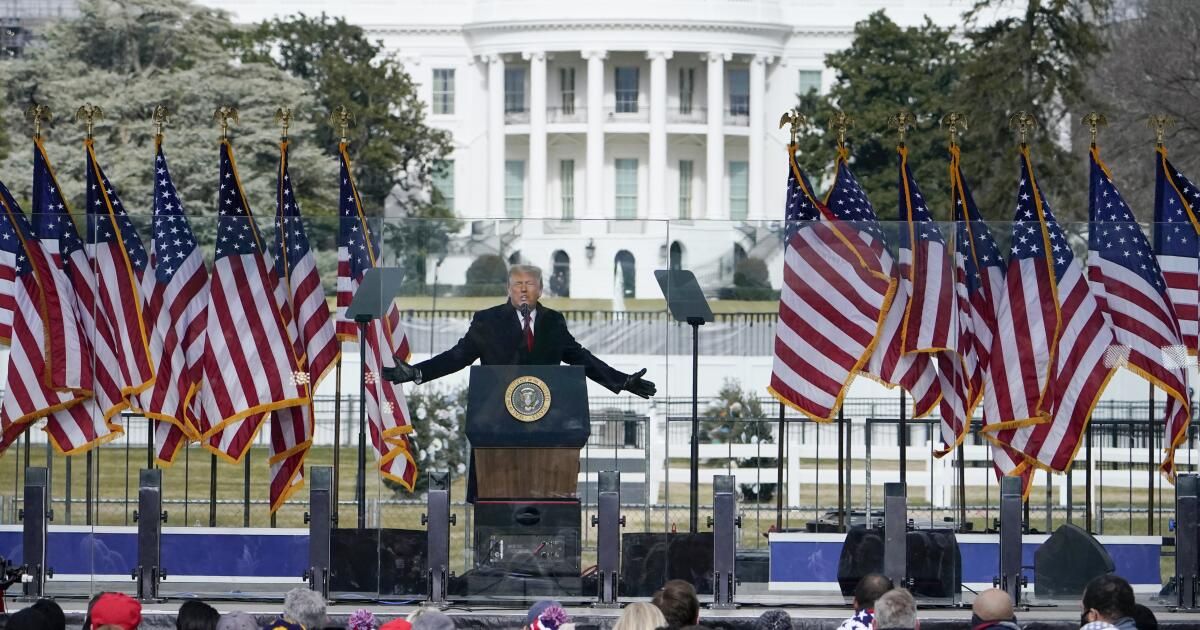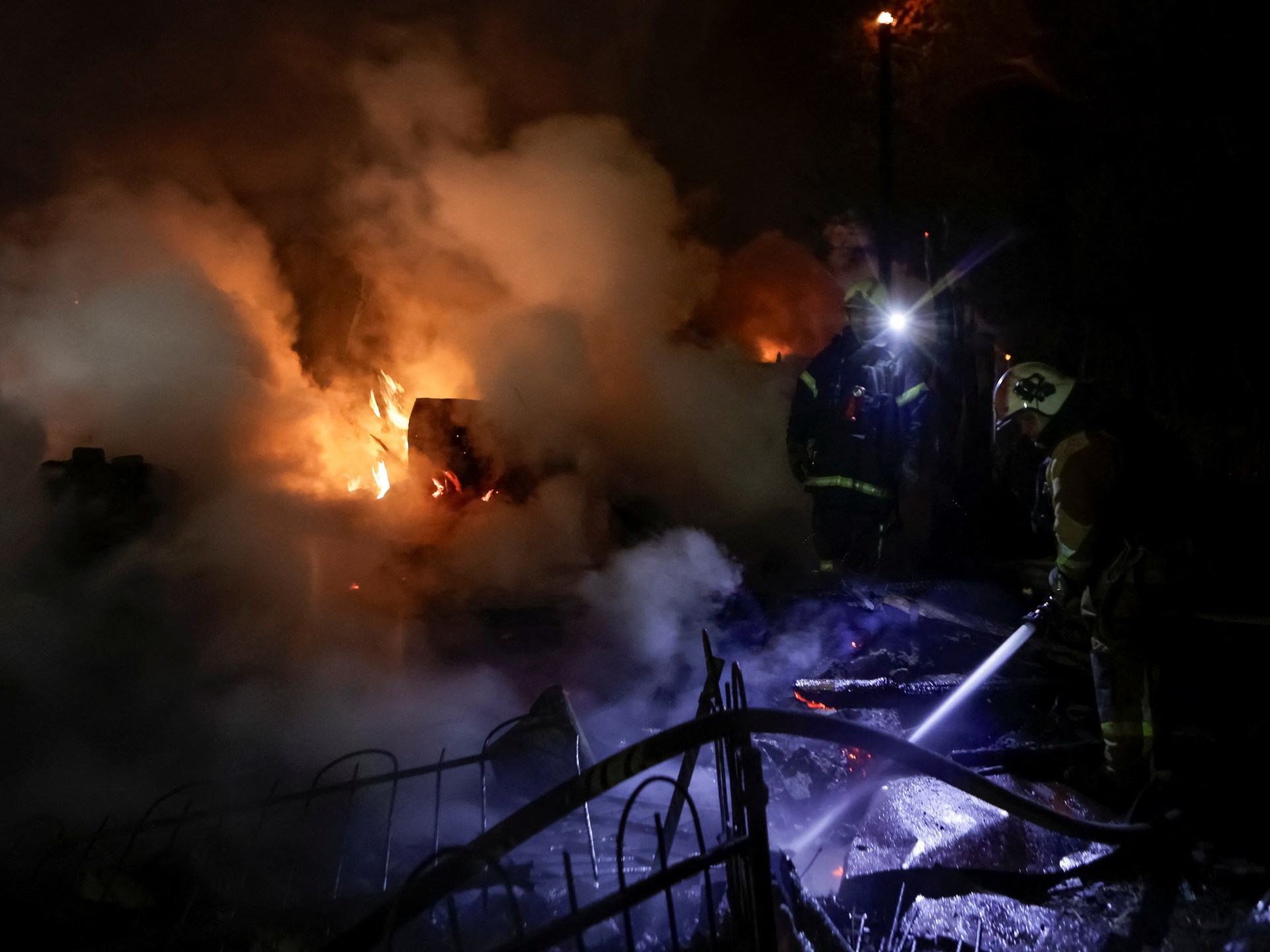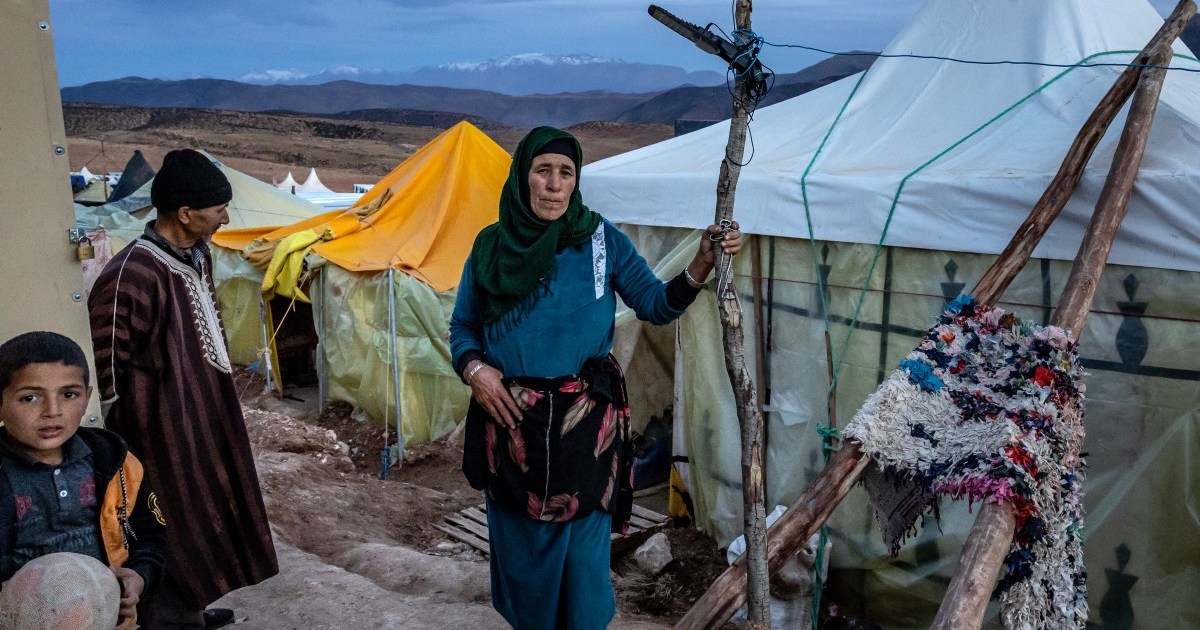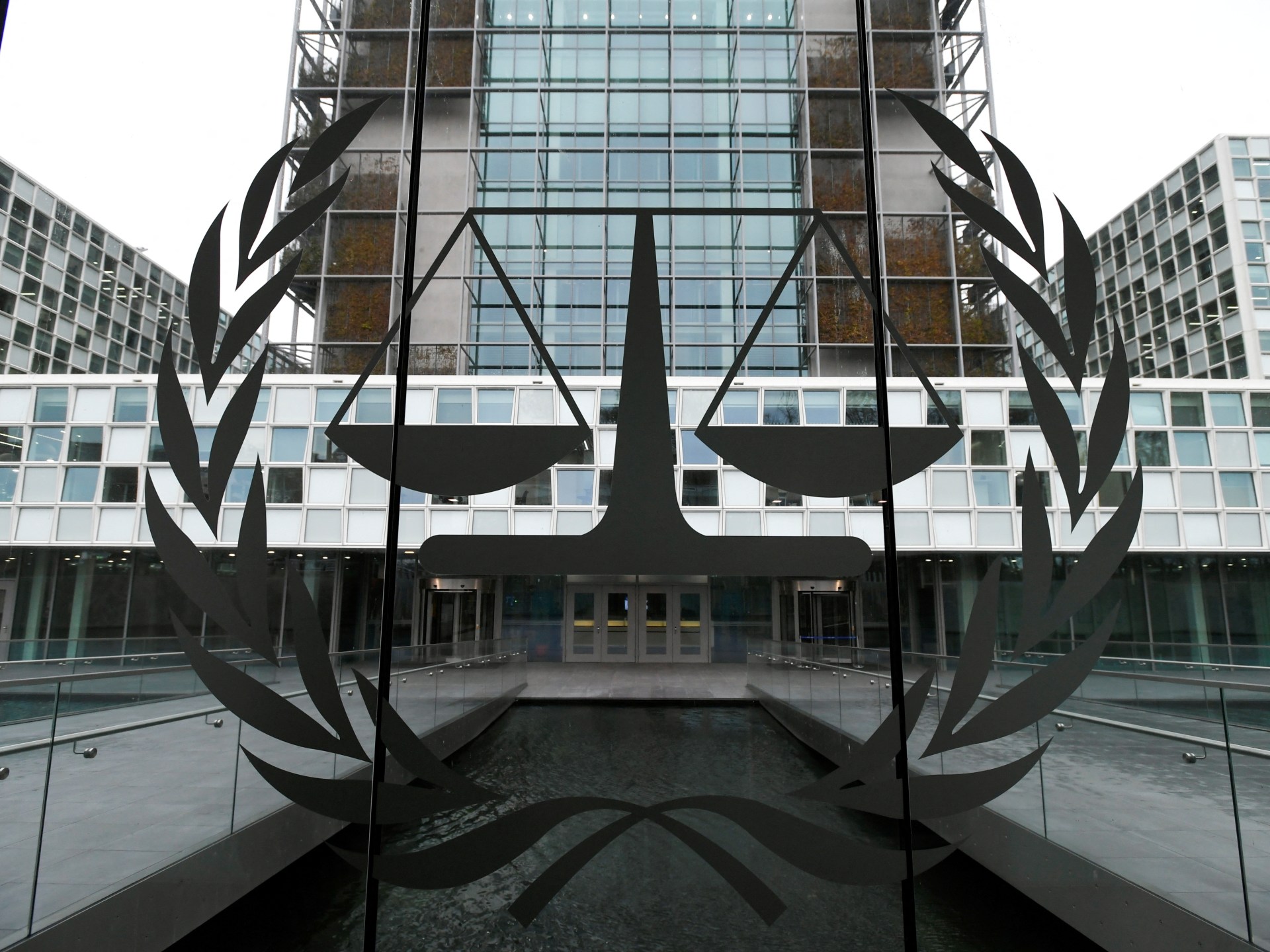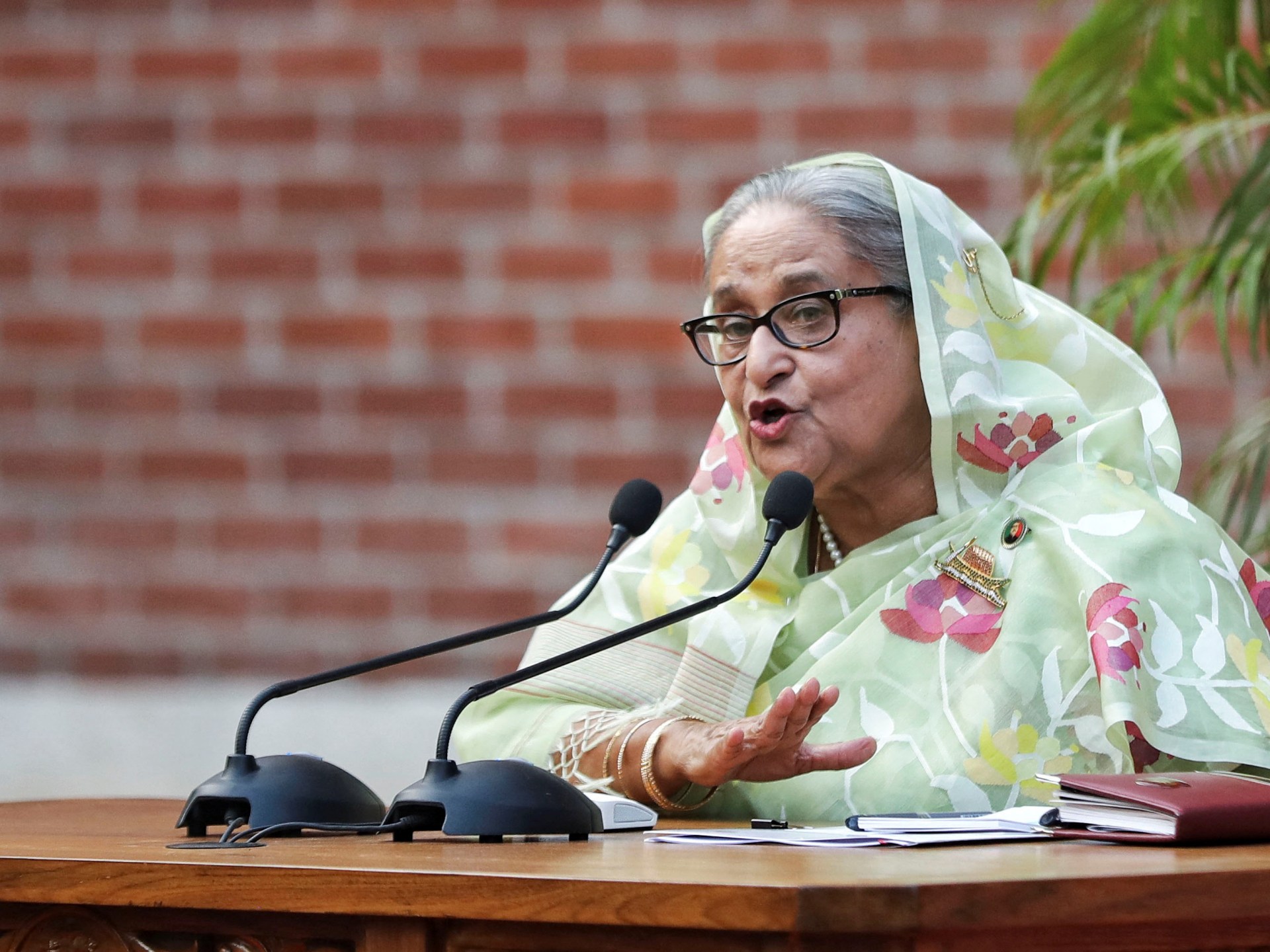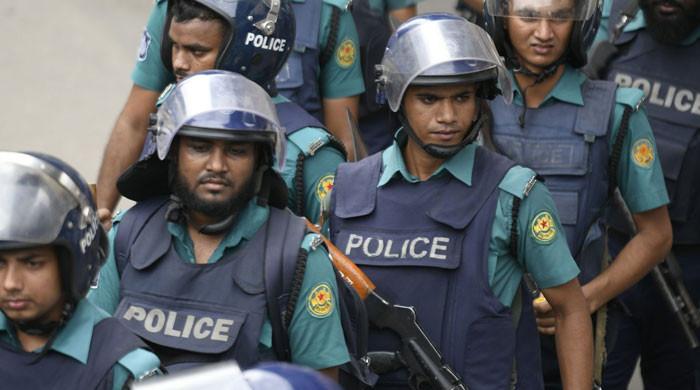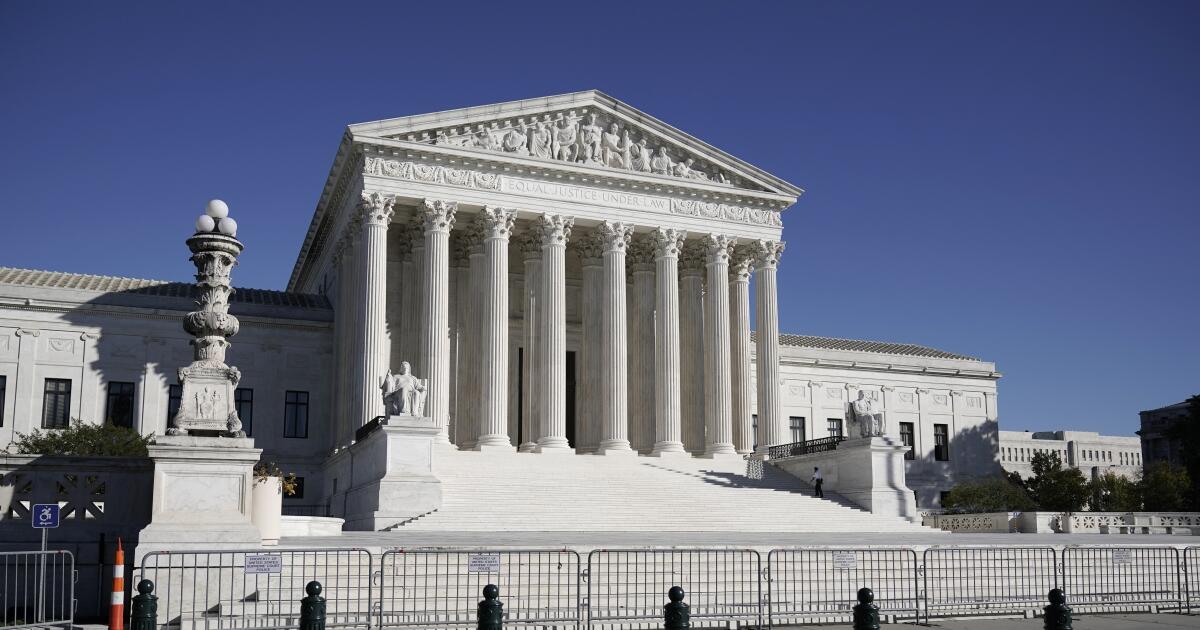That’s the big question, and the Supreme Court may eventually have to answer it.
Trump has argued that he was simply taking steps to ensure the election results were accurate and that this was an “official act.”
The special counsel says a jury should decide whether Trump lied about fraud and conspired to subvert the election.
Some courts have raised the legal theory that Trump acted as a losing candidate between November 2020 and January 6, 2021, not as a president acting in the nation’s public interest.
Last month, a panel of D.C. appeals judges adopted that view in a lawsuit against Trump brought by Capitol Police officers. They said that while a president may be entitled to immunity for his official actions, this does not extend to his conduct as a candidate. The judges allowed the civil suit to move forward for those reasons.
The limits of immunity were also tested recently at the 11th Circuit Court of Appeals in Atlanta, where a three-judge panel rejected an attempt by Trump White House chief of staff Mark Meadows to move the case from conspiracy filed against him by the Fulton County district. . Lawyer. Fani Willis from state to federal court.
The opinion emphasized that the actions of which Meadows is accused in Georgia were not official duties of federal officials because states hold elections.
That indictment accuses Trump, Meadows and 17 others of a campaign to intimidate Georgia Secretary of State Brad Raffensperger into changing 11,780 votes, lying about voter fraud and recruiting fake electors to try to replace real votes cast at the polls. electoral.

